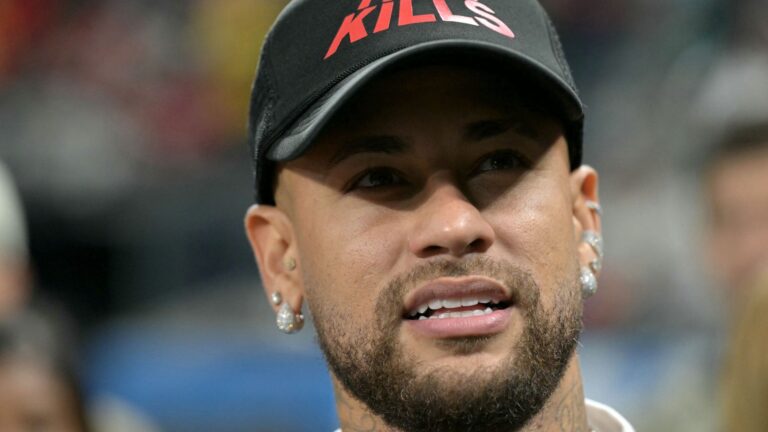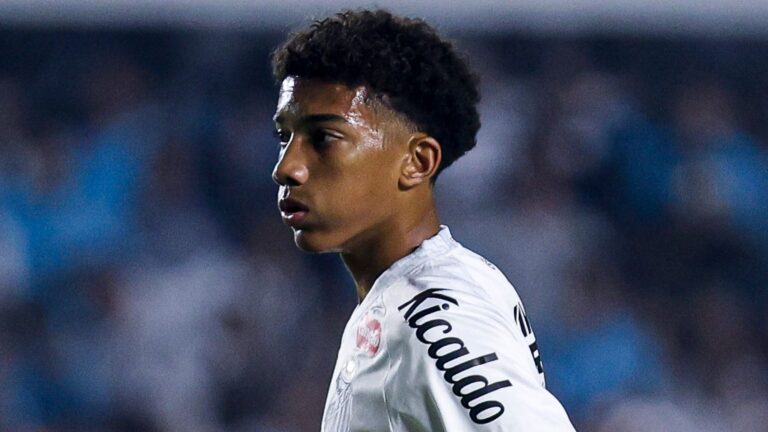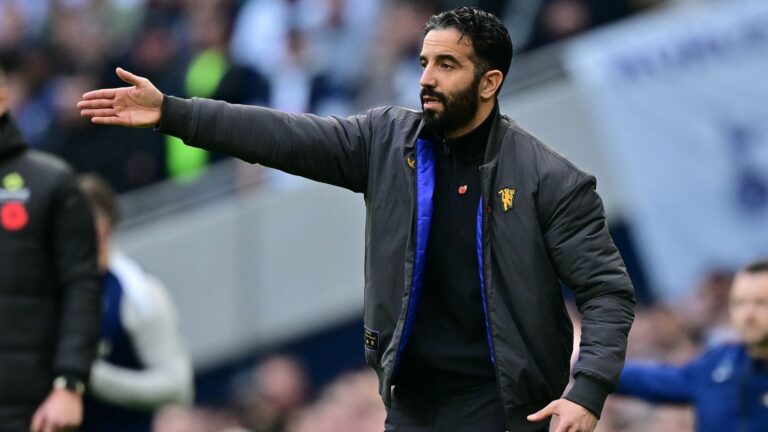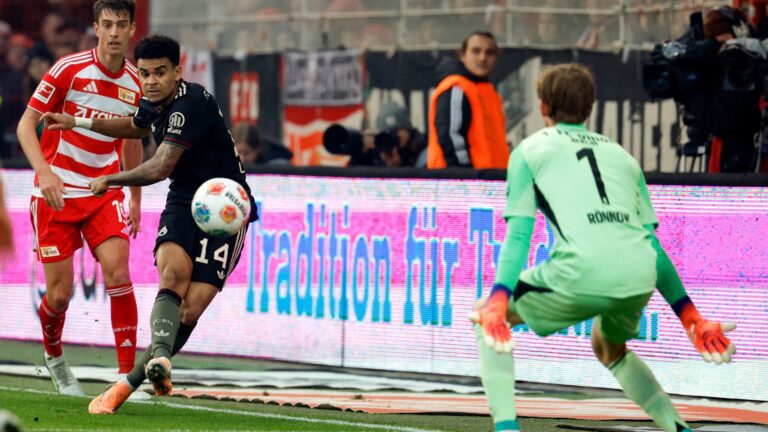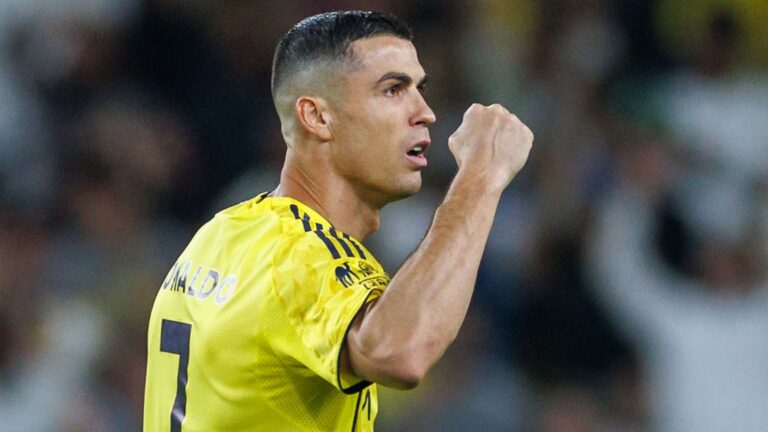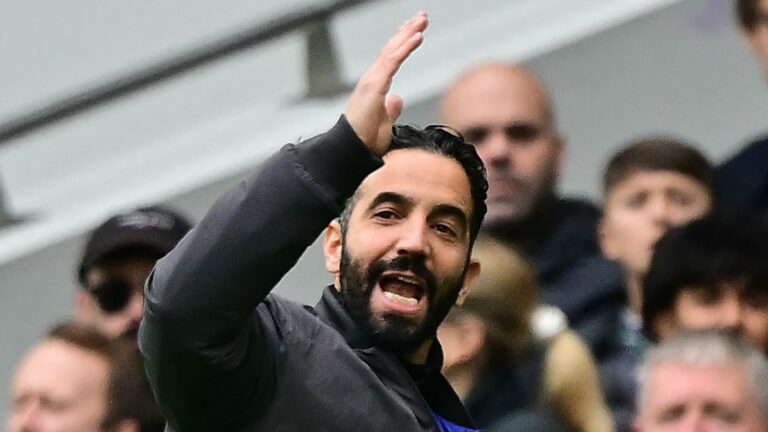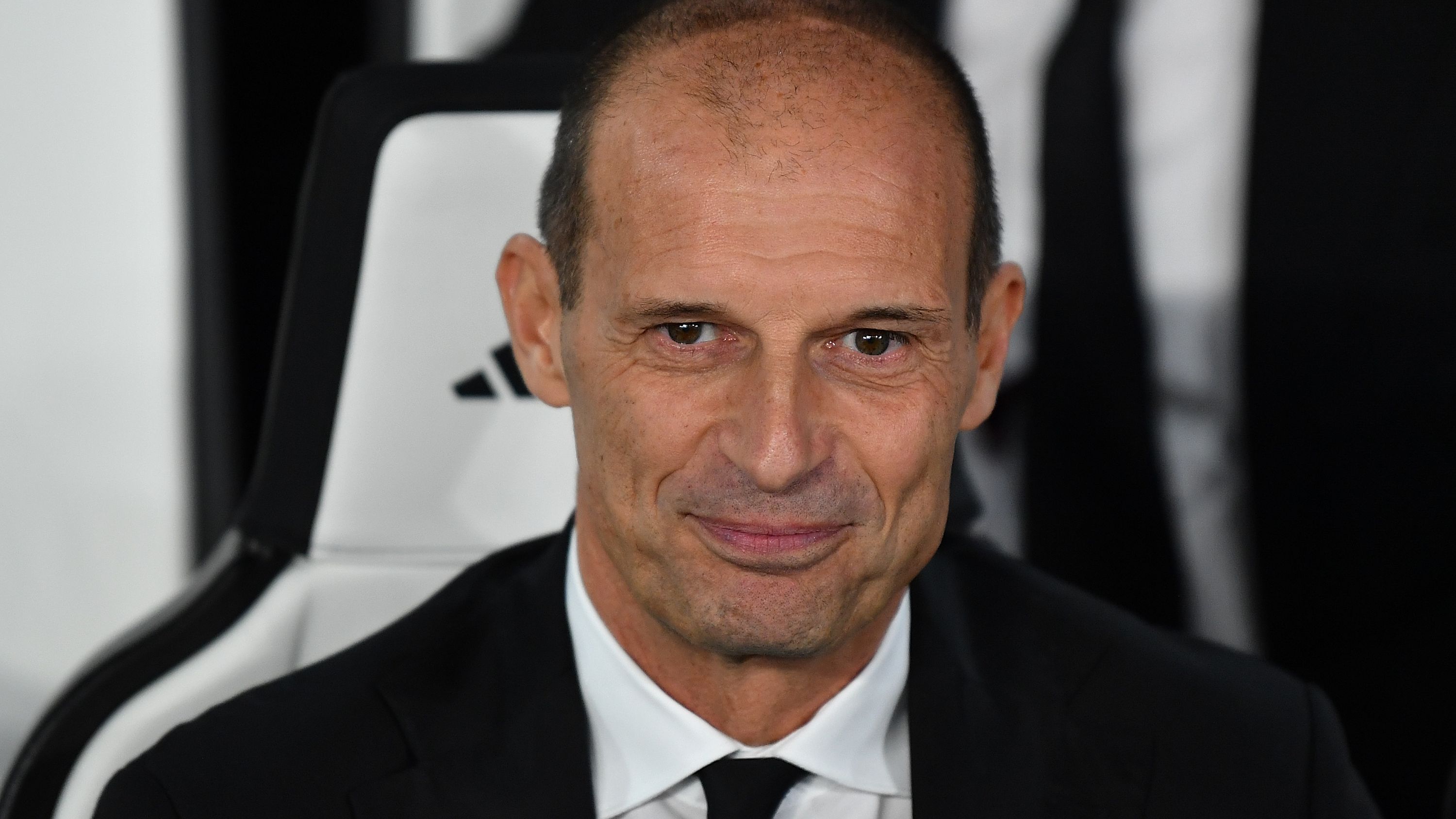
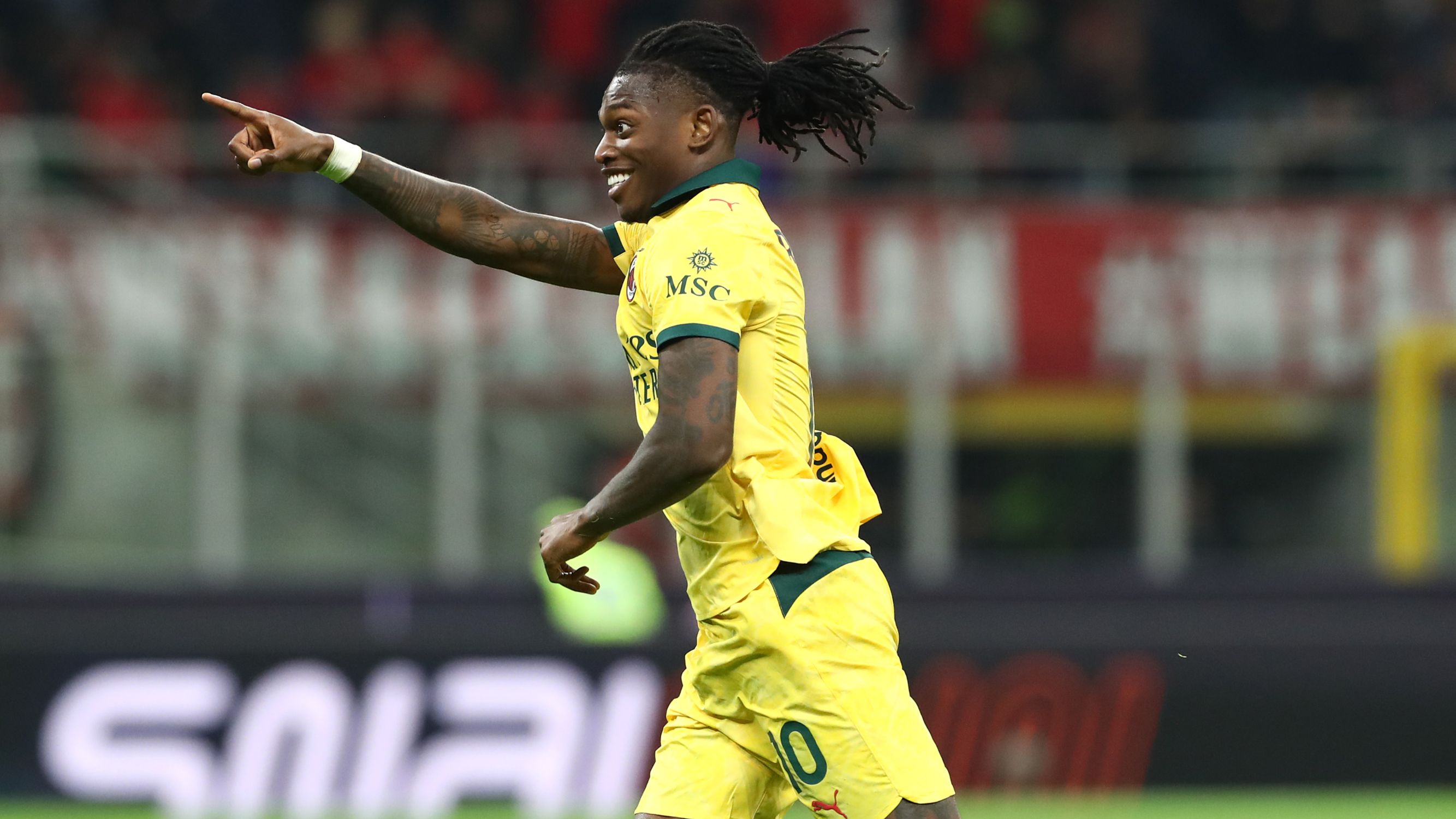
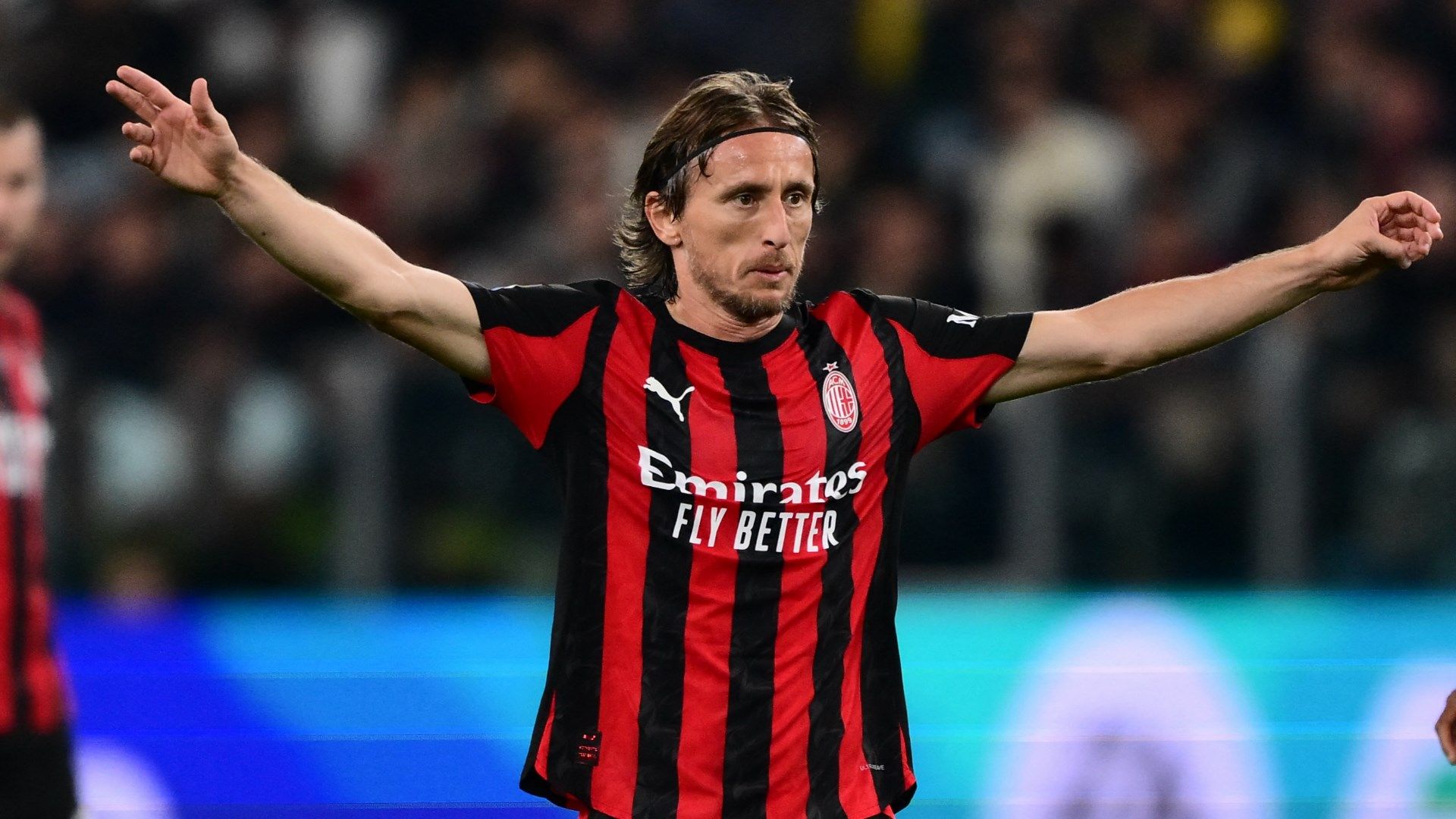
Why Max Allegri Keeps AC Milan Grounded Amid Rising Expectations
In a season marked by early triumphs for AC Milan under coach Max Allegri, the team’s recent performance highlights a blend of resilience and strategic focus on long-term goals like Champions League qualification. As AC Milan navigates the competitive landscape of Serie A, Allegri’s measured approach reminds fans that sustainable success requires patience and precision.
AC Milan’s Hard-Fought Victory and the Ensuing Debate
Securing a tight 2-1 triumph against Fiorentina, AC Milan ascended to the forefront of the Serie A standings following the seventh round. Controversy erupted midway through the match with the score level at 1-1, as Fiorentina’s defender Fabian Parisi was penalized for fouling Santiago Gimenez of Mexico. This call sparked outrage from Fiorentina’s manager Stefano Pioli, who argued that Gimenez exaggerated contact to earn a spot-kick and blamed VAR for promoting such tactics. Ultimately, Rafael Leao sealed the win with two goals, including the decisive penalty, enabling AC Milan to overturn a 1-0 deficit.
Overcoming Early Setbacks with Defensive Strength
After kicking off their Serie A journey with a disappointing 2-1 loss at home to Cremonese, AC Milan has surged ahead, largely due to Allegri’s clever defensive tactics. The squad, known as the Rossoneri, has allowed only four goals across seven matches, positioning them as Italy’s second-stingiest defense behind Roma. Even with key absences like forward Christian Pulisic due to a hamstring issue and midfielder Adrien Rabiot sidelined by injury, Allegri has leaned on the experience and influence of Luka Modric to propel the team forward.
Allegri’s Focus on Season-Long Objectives
During his pre-game media session, Allegri downplayed the excitement surrounding AC Milan’s current league position, reiterating that the primary aim for the season is to qualify for the Champions League. He noted, “Achieving victories is challenging. It could help us advance in the rankings and steadily secure a Champions League spot. That’s what we’re targeting. We’re entering a crucial stretch of games, so we must set ourselves up to be competitive by March for a top-four spot.”
Setting Realistic Targets Amid Competition
The experienced Italian coach stressed the importance of aiming for at least 74 points this campaign, irrespective of rivals like Napoli or Inter. “Our goal is to reach 74 points without fixating on what Napoli or Inter are doing. Pulling far ahead? That’s unrealistic at this stage-we’re just past matchday seven. We need to proceed methodically and stay realistic,” he explained.
Tracing Allegri’s Proven Track Record with AC Milan and Beyond
Allegri took the helm at AC Milan in 2010, steering the club to their 18th league title in the 2010/11 season by expertly managing a lineup filled with stars such as Zlatan Ibrahimovic, Andrea Pirlo, and Filippo Inzaghi, combining solid strategy with offensive creativity for victory.
Success at Juventus and a Triumphant Return
Following his initial tenure at AC Milan, Allegri switched to Juventus, solidifying his status as a premier Italian strategist. There, he captured five league championships and five domestic cups, while guiding the team to two European finals, proving his prowess in handling intense scenarios and leading top-tier teams.
Recharging and Rebuilding
After stepping away briefly from the sport, Allegri rejoined Juventus and claimed another domestic cup before resuming his role at AC Milan’s San Siro at the beginning of this season.
Emphasizing Defensive Discipline for Title Aspirations
Allegri insists that for AC Milan to seriously contend for the league crown, they must cap the number of goals conceded, stating, “Pursuing the Scudetto means limiting ourselves to no more than 20-25 goals against all season.”
Adapting to Change in Team Dynamics
Having previously clinched the title after earning 16 points in the first seven games, Allegri dismissed direct comparisons, explaining that squads evolve constantly based on his experiences at Juventus: “Every team is unique, and the same one transforms year by year. I’ve seen this firsthand at Juve.”
Upcoming Matches and Player Returns
AC Milan gets a lift with Christopher Nkunku returning from injury, having sat out the Fiorentina clash. The Rossoneri are set to welcome Pisa at home on Friday, looking to widen their advantage, while Napoli and Inter prepare to clash on Sunday.
Understanding Max Allegri’s Approach to AC Milan Speculation
Max Allegri’s Background in Football Management
Max Allegri, the seasoned Italian football manager, has long been a prominent figure in European football, known for his tactical prowess and ability to steer teams through high-pressure situations. With a career that includes successful stints at clubs like Juventus and AC Milan, Allegri has earned a reputation for balancing domestic league ambitions with European competitions like the Champions League. His experience managing AC Milan from 2010 to 2014, during which he led them to a Serie A title, adds a layer of intrigue to recent discussions about his perspectives on the team’s current form.
Allegri’s philosophy often revolves around defensive solidity and strategic patience, qualities that have helped him navigate the unpredictable world of football management. As AC Milan fans speculate about potential title challenges in Serie A, Allegri’s comments highlight his focus on broader priorities, emphasizing the importance of Champions League qualification and performance metrics like set points and defensive targets.
Downplaying AC Milan Title Speculation
In the fast-paced world of Serie A, title speculation can create a buzz, but Max Allegri has been quick to temper expectations for AC Milan. Drawing from his vast experience, Allegri recently addressed rumors in media interviews, stressing that while the team is performing well, it’s premature to fixate on lifting the Scudetto. This approach stems from his belief that overhyping domestic success can distract from the finer details of team building.
- Key factors influencing Allegri’s caution: One major reason for downplaying speculation is the competitive nature of Serie A, where teams like Inter Milan and Napoli pose significant threats. Allegri points out that focusing too early on title races can lead to complacency, potentially derailing a season.
- Historical context of similar situations: We’ve seen Allegri adopt this mindset before; during his Juventus days, he often prioritized squad depth over immediate glory, which helped maintain consistency over multiple seasons.
By keeping the conversation grounded, Allegri encourages a more measured evaluation of AC Milan’s progress, reminding fans and players alike that sustainable success in football management requires a long-term view.
Prioritizing Champions League Ambitions with Set Points
When it comes to Champions League priority, Max Allegri’s strategy shines through his emphasis on set points and overall team metrics. Set points, which refer to crucial moments in matches like corners, free kicks, and throw-ins, are a cornerstone of Allegri’s tactical setup. He believes that mastering these elements can provide a competitive edge in high-stakes European fixtures, where precision and defensive resilience often decide outcomes.
For AC Milan, this means allocating more training time to refining set-piece execution, as these plays can directly influence points accumulation in the group stages. Allegri’s focus on Champions League spots underscores the financial and reputational benefits of European success, which far outweigh short-term Serie A glory. In fact, advancing in the Champions League can secure additional revenue through UEFA distributions, helping clubs like AC Milan invest in talent and infrastructure.
Defensive Targets as a Core Element
Under Allegri’s guidance, defensive targets form the backbone of AC Milan’s Champions League strategy. This involves setting specific goals, such as maintaining clean sheets in key matches or limiting opponents’ scoring opportunities to under a certain threshold per game. For instance, Allegri might target conceding fewer than 0.8 goals per match in the group phase, a metric that aligns with his history of building formidable backlines.
- Benefits of focusing on defensive targets:
- Improved team confidence: A strong defense boosts morale, allowing forwards to play with less pressure.
- Data-driven adjustments: By analyzing defensive stats from past games, Allegri can tweak formations-perhaps shifting to a 4-3-3 setup-to neutralize threats from top Champions League teams.
- Long-term player development: Emphasizing defensive discipline helps young players like AC Milan’s emerging defenders grow, fostering a culture of accountability.
In a conversational tone, it’s like Allegri is saying, “Hey, let’s not get ahead of ourselves with the title talk-Champions League is where the real magic happens, and nailing those set points and defensive setups will keep us in the game.”
The Role of Set Points in Overall Strategy
Diving deeper into set points, Allegri’s tactics often involve innovative use of technology and analytics to optimize these scenarios. For example, video analysis tools help identify patterns in opponents’ defenses, allowing AC Milan to exploit weaknesses during corners or free kicks. This data-centric approach ensures that every training session aligns with broader Champions League goals, making set points a non-negotiable part of the team’s routine.
Moreover, Allegri integrates set points with defensive targets by encouraging seamless transitions from defense to attack. Imagine a scenario where a well-executed set piece leads to a quick counter-it’s these moments that can turn a tied match into a win, directly impacting AC Milan’s path to the knockout stages.
Practical Examples of Defensive Targets in Action
To make this relatable, let’s break down how defensive targets play out in real matches:
- In-game adjustments: If AC Milan concedes early, Allegri might dial up defensive pressure, aiming for zero shots on target in the second half.
- Seasonal benchmarks: Setting a target of under 15 goals conceded in the Champions League group stage not only builds resilience but also positions the team for a strong playoff run.
- Player-specific roles: Defenders like those in AC Milan’s squad are trained to meet individual targets, such as winning 70% of aerial duels, which bolsters the team’s overall defensive structure.
By weaving these elements together, Allegri ensures that AC Milan’s football strategy remains adaptable and forward-thinking, even amidst title speculation.
Balancing Priorities for Sustained Success
Max Allegri’s emphasis on Champions League priority isn’t just about the immediate season; it’s about building a legacy. With set points and defensive targets as guiding principles, he pushes AC Milan towards a balanced approach that could redefine their competitive edge. Football fans will appreciate how this strategy keeps the team grounded while aiming for the stars, making every match a step towards greater achievements.


